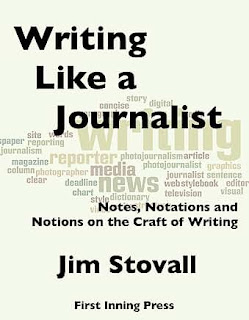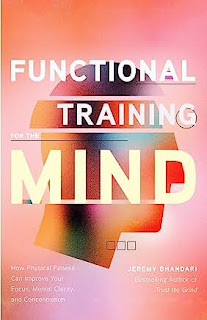Abstract
Getting a United Nations Press ID is a process that involves meeting certain criteria and going through the official application procedure. The general steps to obtain a United Nations Press ID are as follows:
- Check eligibility: The first step is to check if you are eligible for a United Nations Press ID. You must be a professional journalist or media representative who is accredited to cover United Nations events.
- Submit an application: Once you have determined that you are eligible, you must submit an application form to the United Nations Media Accreditation and Liaison Unit. The application form can be found on the United Nations website.
- Provide supporting documentation: Along with the application form, you must also provide supporting documentation, such as a letter from your media organization stating that you are a professional journalist and a copy of your passport.
- Pay the application fee: There is a small application fee that must be paid in order to obtain a United Nations Press ID. The fee can be paid online or by mail.
- Wait for approval: Once your application has been submitted, it will be reviewed by the United Nations Media Accreditation and Liaison Unit. If your application is approved, you will be issued a United Nations Press ID.
Introduction
1. Eligibility: To be eligible for a United Nations Press ID, you need to be a professional journalist or media representative actively engaged in covering United Nations-related events and activities. This includes journalists working for recognized media organizations (print, broadcast, or online), freelance journalists, photographers, and documentary filmmakers.
2. Documentation: Prepare the necessary documentation to support your application. This typically includes a valid passport, a letter of assignment from your media organization (if applicable), recent work samples, and a curriculum vitae or resume.
3. Accreditation: Contact the United Nations Department of Public Information (DPI) or the relevant United Nations office in your region to inquire about the accreditation process. The DPI is responsible for issuing United Nations Press IDs.
4. Application: Submit your application for a United Nations Press ID through the designated online platform or by mail. Provide all the requested information, including personal details, professional experience, and the purpose of your coverage.
5. Review and Approval: The United Nations DPI will review your application and supporting documents. They may contact your media organization for verification purposes. The approval process may take some time, so it's important to apply well in advance of any United Nations events you plan to cover.
6. Fee: There is usually an annual fee associated with obtaining a United Nations Press ID. The fee varies depending on the type of media representative and the region, so make sure to check the current fee structure with the United Nations DPI.
7. Collection: If your application is approved, you will be notified by the United Nations DPI. You can then arrange to collect your United Nations Press ID either in person from the United Nations headquarters in New York or from the relevant United Nations office in your region.
It's important to note that the United Nations Press ID is not a travel document or a visa. It primarily serves as a form of identification for journalists and media representatives to gain access to United Nations premises and events.
For detailed and up-to-date information on the application process and requirements, it is advisable to directly contact the United Nations Department of Public Information or visit their official website.
Book: Handbook of Professional, Business & Technical Writing, and Communication and Journalism: A Reference Guide to all kinds of writing: https://amzn.to/3pvK0vv
Book: The Associated Press Guide to News Writing, 4th Edition: https://amzn.to/3XwKpug
Book: Writing Like a Journalist:
https://amzn.to/446G3MV










